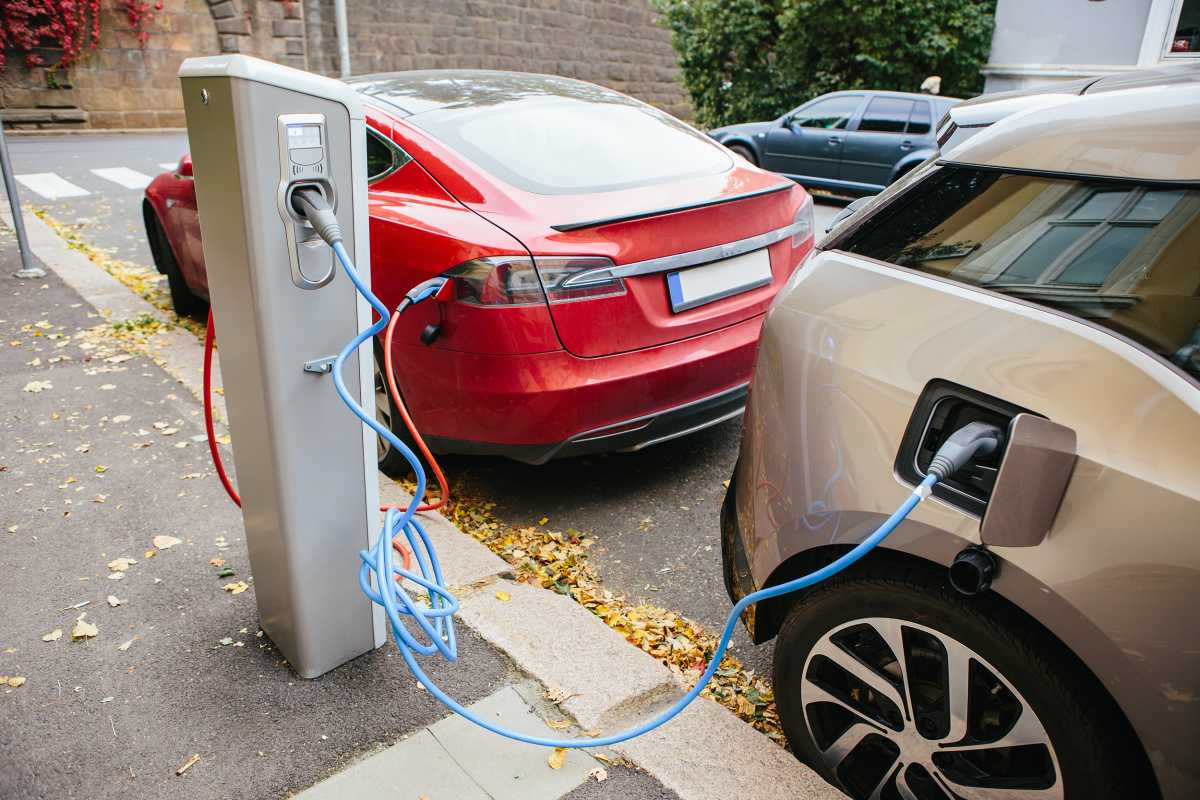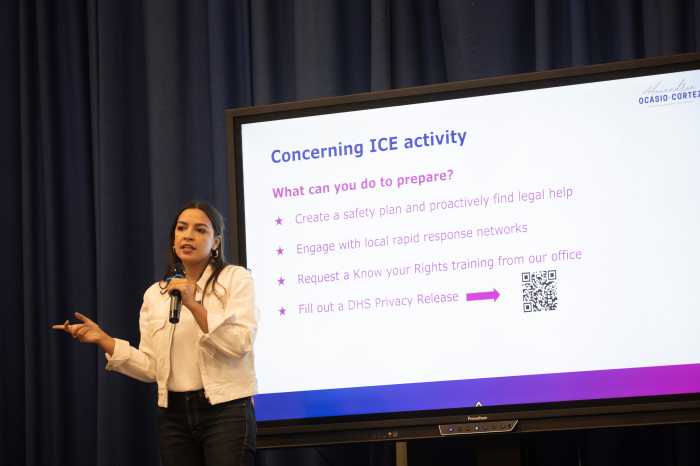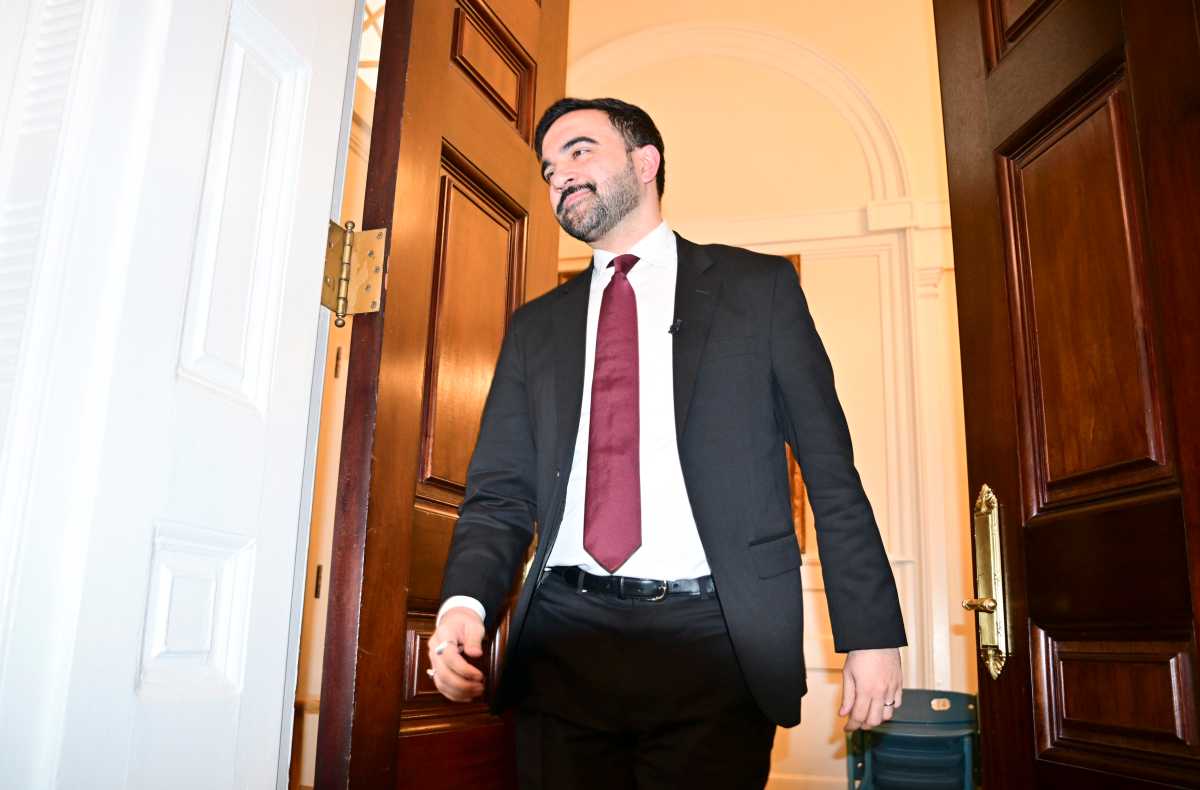Electric cars have exploded in popularity in the past decade due to rising gas prices, advances in batteries and increased concern about greenhouse gases.
Councilman Costa Constantinides, who represents Astoria and parts of Jackson Heights, Woodside and East Elmhurst, wants to make sure that Queens and the rest of New York City remain at the forefront of that transformation. On Nov. 16, City Council unanimously passed Int. 1124, which will establish an electric vehicle charging station pilot program.
The charging stations, to be installed by March 1, 2018, will be located at publicly accessible locations such as municipal parking lots. At least two stations will be installed in each borough for a total of up to 25 stations in New York City.
“With an incoming presidential administration that has pledged to undo our nation’s efforts to combat climate change, cities and local governments must now lead the way on protecting our environment,” Constantinides said. “New York has already been a worldwide role model in sustainability and we must continue to keep this work a top priority.”
In accordance with the law, an advisory committee will be established to report on the program’s cost, the rate of utilization of each charging station, recommendations for expansion, the feasibility of on-street charging and any other recommendations.
Most existing charging stations in the city are in residences or private parking garages. Constantinides hopes this law will encourage all residents to use electric cars and help reduce carbon emissions. According to the Mayor’s Office of Sustainability, cars accounts for 24 percent of the total greenhouse gas emissions in the city.
Mayor Bill de Blasio has outlined ways for the city to to become more sustainable in his #OneNYC initiative. Goals include making the city’s greenhouse gas emissions 80 percent lower in 2050 than in 2005, sending zero waste to landfills by 2030 and having the best air quality of all large cities by 2030.
Constantinides, chair of the Council’s Environmental Protection Committee, has proposed and enacted several laws to promote sustainability including Res 0375, which calls on the State Department of Education to include lessons on climate change in K-12 curriculum.
In February, City Council passed his law to require the Department of Citywide Administrative Services to determine which city-owned building rooftops should have solar panels installed.
According to The Wall Street Journal, electric cars accounted for 0.16 percent of all vehicles sold from April 2013 to March 2014. New York ranks fourth among American cities in “readiness for plug-in electric vehicles,” behind Portland, OR, Washington D.C., and Baltimore, MD, according to a study by the University of Indiana.
But the 1,501 public and private charging stations are concentrated in Manhattan. ChargePoint, an electric car infrastructure company released a list of top 10 friendliest cities for electric cars in 2015 and New York City was not on the list.
“While the city has made tremendous strides to green its own fleet, private electric vehicle registration in New York City remains low,” said Marcia Bystryn, president of the New York League of Conservation Voters. “Council member Constantinides’ bill will help expand electric vehicle charging beyond parking garages and spur consumer confidence.”


































